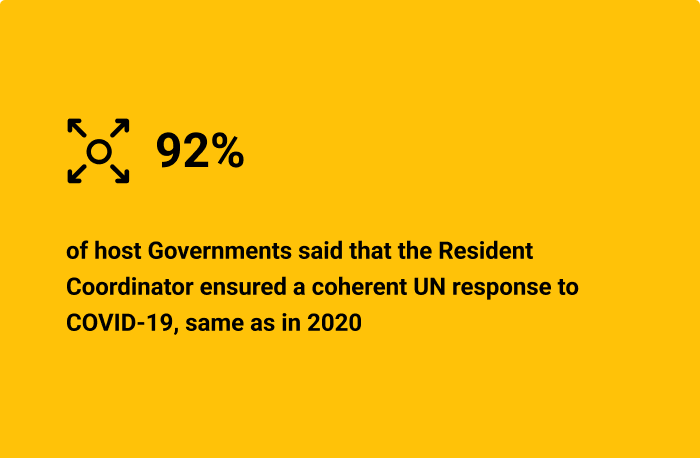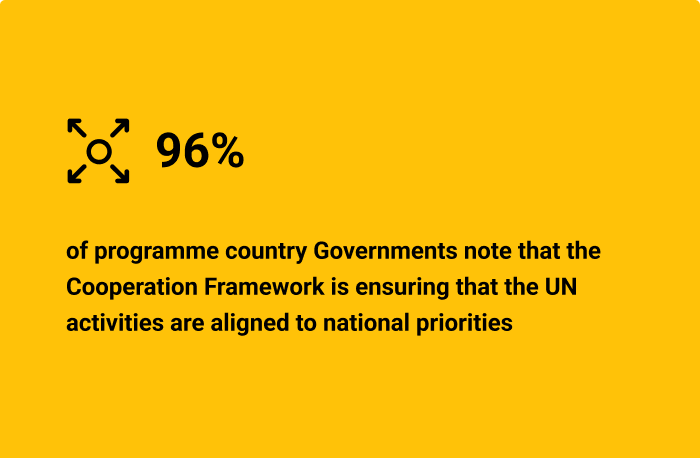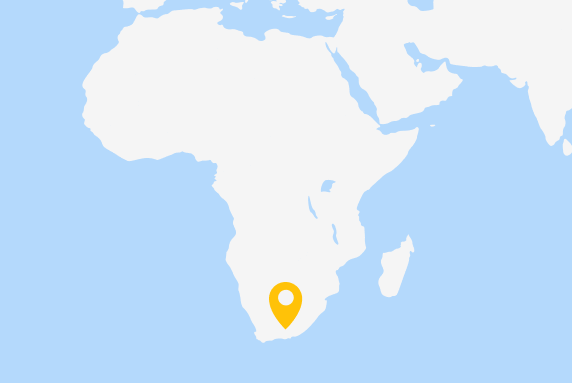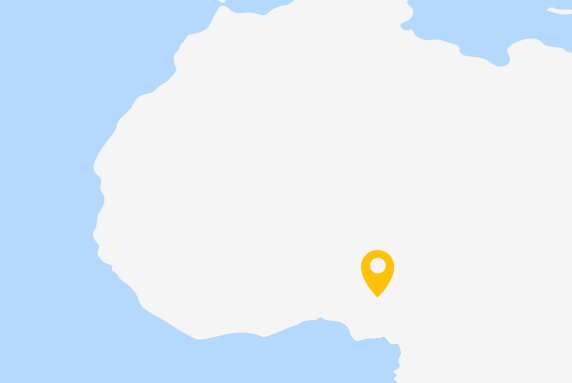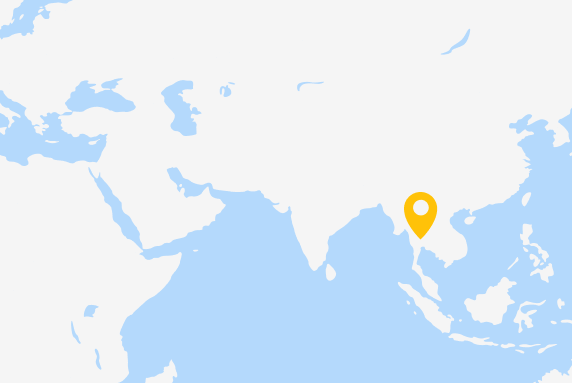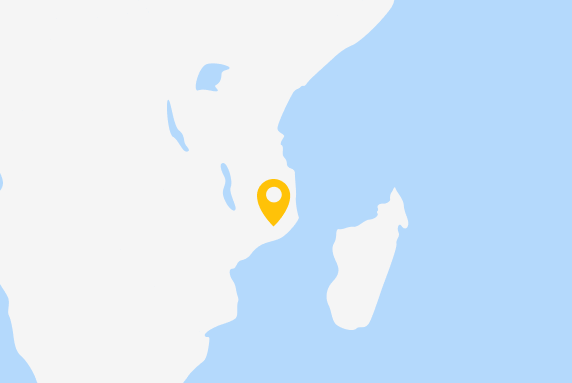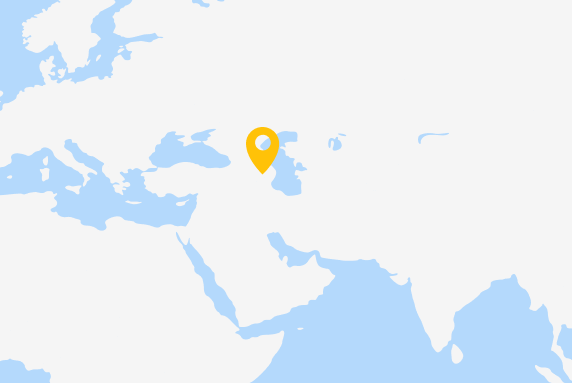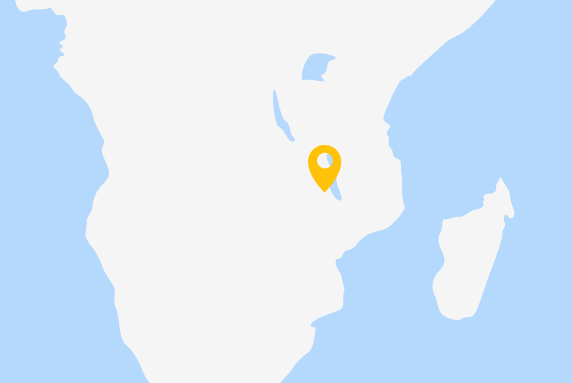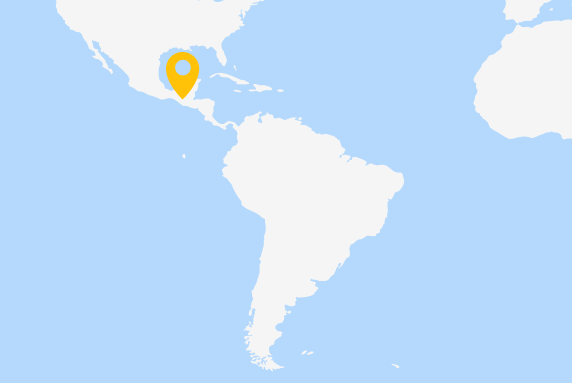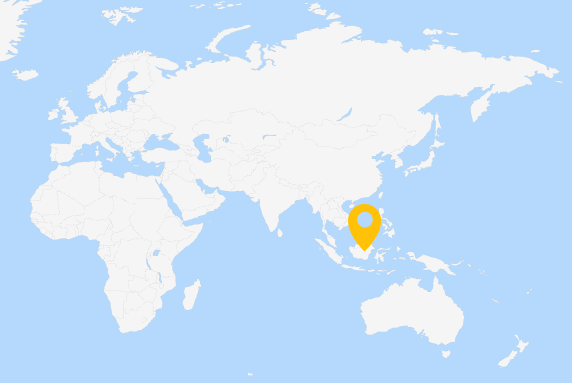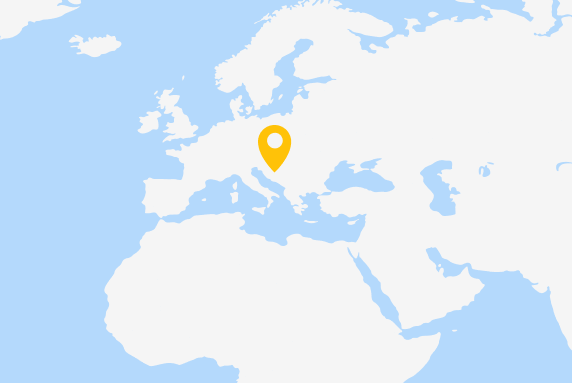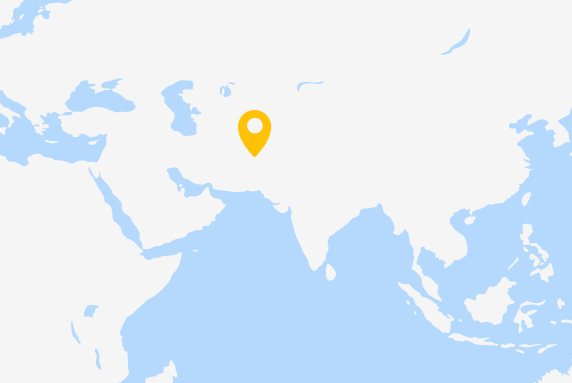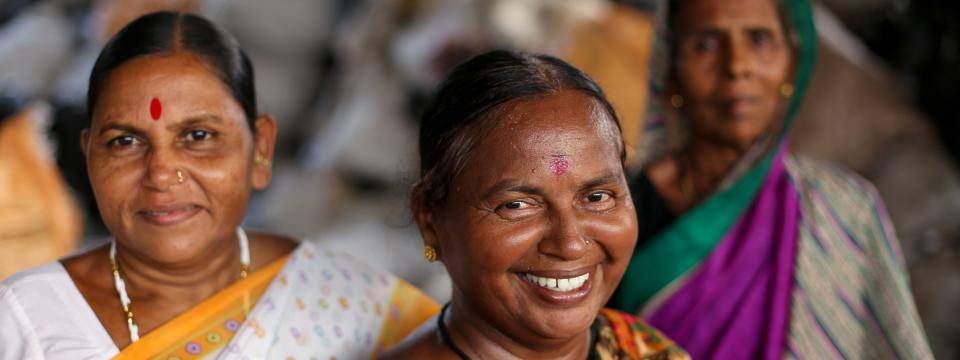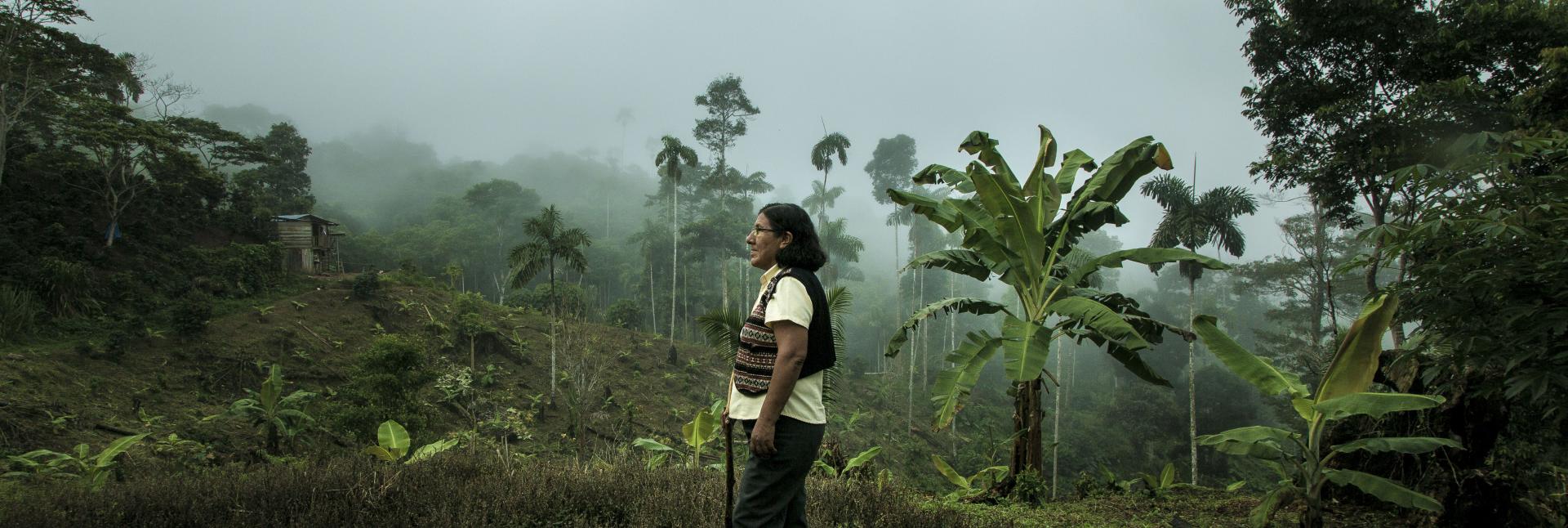
Responses
Integrated and Effective Responses
-
The comprehensive health, humanitarian and socioeconomic responses to the pandemic in countries continued to demonstrate the vital role of coordination
- The coordination of UN teams’ responses to COVID-19 ensured a focus on immediate needs while striving to protect hard-won development gains.
- 1.4 billion vaccine doses were delivered in 145 countries with WHO, UNICEF and partners through the COVAX Facility
Host Governments recognize Resident Coordinators’ leadership to ensure a coordinate UN response on the ground to the pandemic
Meanwhile, the Resident Coordinator system steadily improved its support for more integrated and responsive UN team programming through Cooperation Frameworks.
All COVID socio-economic response plans are to be folded into Cooperation Frameworks as of 2022
countries started implementing new Cooperation Frameworks in 2021
countries will begin the design of new Cooperation Frameworks in 2022
of UN teams have now replaced previous UN Development Assistance Frameworks
All COVID-19 socio-economic response plans are to be folded into Cooperation Frameworks as of 2022
all countries will have a Cooperation Framework
Cooperation Frameworks have become the most important instrument to drive sustainable development
Alignment of Cooperation Frameworks with national priorities and increased focus on common results among UN entities are increasingly recognized by Governments and contributing countries.
The UN’s ability to undertake joint analyses also improved
South Africa
Nigeria
The new generation of Common Country Analyses and Cooperation Frameworks are increasingly drawing expertise from across and outside the UN system, embodying the spirit of partnerships for improved joint analysis.
of Cooperation Frameworks were consulted with civil society
of Cooperation Frameworks were consulted with the private sector
of UN teams developed or updated their Common Country Analysis
of Common Country Analyses were consulted with civil society
of Common Country Analyses were consulted with the private sector
UN teams benefited from increased access to expertise from across the UN system
Regional Commissions and International Financial Institutions are increasingly members of UN teams
Regional Commissions
are now full-fledged members of 63 UN teams, from 49 in 2020
The World Bank
is a member of 61 UN teams, compared to 53 in 2020
The International Monetary Fund
is part of 36 UN teams, up from 28 in 2020
Entities such as ITU, UNEP, UNESCO, UN-Habitat, UNIDO, ILO, UNCTAD and UNDRR – with limited or no permanent presence in countries – contributed to Cooperation Frameworks
Thailand
- Resident Coordinators led efforts for tailored configuration of UN teams
of UN teams implementing a Cooperation Framework undertook a configuration exercise in 2021
The Resident Coordinator system fostered a more integrated and effective UN team's response with a growing focus on policy support and cross-border issues
Azerbaijan
Caribbean
Cross-pillar synergies were strengthened in countries or situations at risk or affected by crises to protect and advance sustainable development
Afghanistan
Democratic Republic of the Congo
Democratic Republic of the Congo
In Democratic Republic of the Congo, the Development Coordination Office and the Peacebuilding Support Office collaboration resulted in programmes to advance transitional justice, dialogue and peaceful coexistence in the provinces where the UN stabilization mission in the Democratic Republic of the Congo (MONUSCO) had left.
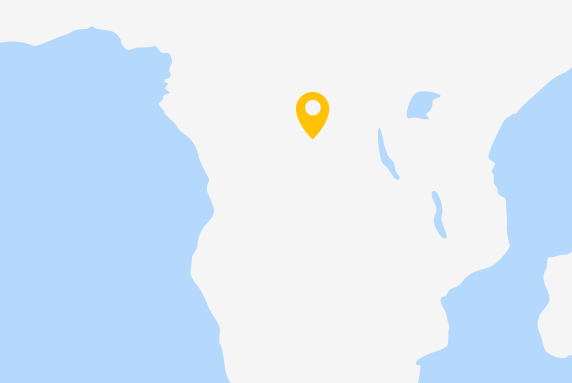
Central African Republic, Democratic Republic of the Congo, Guinea-Bissau, Iraq, Lebanon, Mali and South Sudan
Central African Republic, Democratic Republic of the Congo, Guinea-Bissau, Iraq, Lebanon, Mali and South Sudan
In Central African Republic, Democratic Republic of the Congo, Guinea-Bissau, Iraq, Lebanon, Mali and South Sudan, the Development Coordination Office partnered with the the UN Transitions Project to prepare for for mission withdrawal and UN reconfiguration.
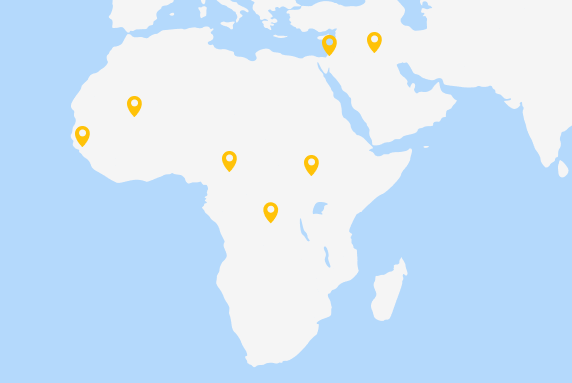
Innovative approaches are becoming more widespread due to more systematic Resident Coordinator system support and leadership
DCO, with support from UN Volunteers, applied machine learning to analyze qualitative Common Country Analysis data in Central African Republic, Ghana, and Somalia, distilling 30,000 pages of qualitative data for better quality programming.
RC leadership focused attention on the most vulnerable groups and those left behind
All Cooperation Frameworks and 97% of Common Country Analyses identify vulnerable groups more clearly and increasingly involve them in the programme design process














